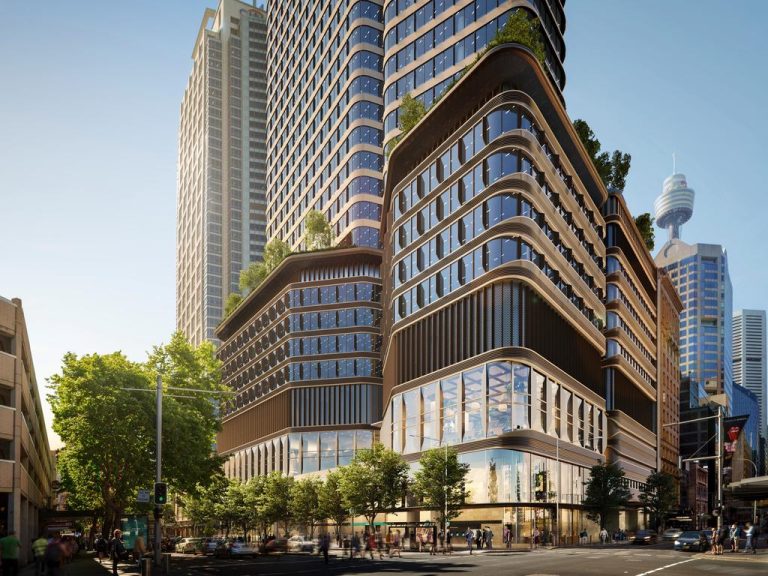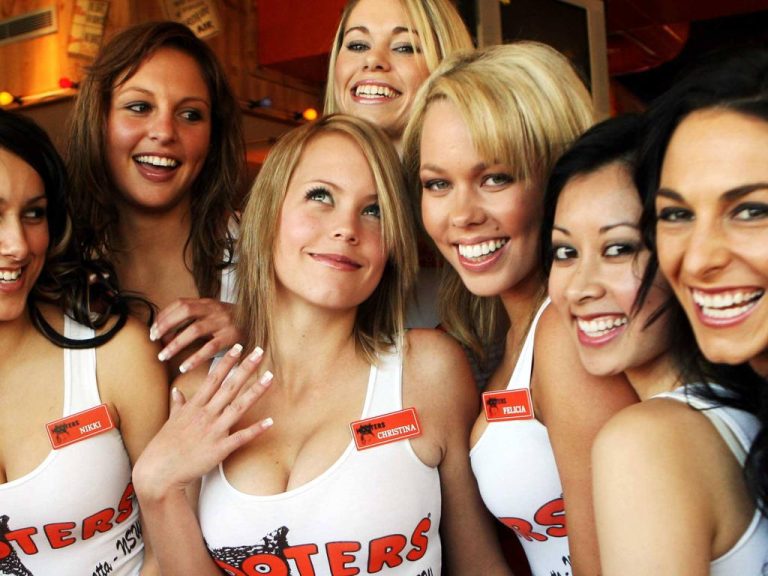Amazon rattles Aussie retailers with Whole Foods buy

More than $1 billion was wiped off top retailers on Monday as online giant Amazon’s multi-billion-dollar move on high-end supermarket Whole Foods Market in the US sparked fears that major grocery sellers could be hit if the tie-up was rolled out locally.
The landmark $US13.7bn ($18bn) deal marks a critical shift into bricks and mortar for Amazon and provides an important distribution channel for its global ambitions in the food industry.
Local retailers have been gearing up to face the onslaught of Amazon when the online major makes its local entry. But supermarket operators were until now thought to be largely immune from its looming entry, with Amazon expected to initially focus on clothing and household goods for its local rollout.
Commercial Insights: Subscribe to receive the latest news and updates
Roger Corbett, former Woolworths chief executive and former director of US supermarket major Wal-Mart, says the Whole Foods acquisition could boost the Amazon’s capabilities offshore.
“If I was active in Australia in retail today, I’d be thinking very carefully about the potential impact of Amazon on the retail market … and in particular the foods market,” Corbett tells The Australian.
Woolworths and Coles were sold down on Monday amid jitters over the possible impact of Amazon’s planned entry in wake of Whole Foods acquisition.
Corbett says the acquisition will enhance Amazon’s knowledge of fresh food and acquiring foodstuffs.

Former Woolworths CEO Roger Corbett has warned of the potential impact for local retailers. Picture: Hollie Adams
“It gives them bricks and mortar exposure and also some intellectual property,” he says.
“It’s quite a good operation,” Corbett says of Whole Foods. “It has a lot of intellectual property in food retailing and in buying food.”
Local grocery operators are wary about Amazon’s drive into fresh foods, which may shift the focus of its entry into Australia.
Harris Farm chair Cathy Harris says Amazon’s fresh food purchase will have a dramatic affect on the Australian food industry. “Amazon will have a huge effect on Woolworths and Coles,” says Harris.
“All of us in the fresh food retail business will have to be very much more focused.”
The prospect of Amazon entering Australia has also fired-up another US chain, Costco, which operates eight outlets in major cities, and is expanding.
“More competition makes everything better for the consumer,” Costco Australia managing director Patrick Noone says. The US company is a bricks and mortar operation in Australia but has online services offshore. It was still hit by broker downgrades in the wake of the Amazon deal.

Australian retailers were down in the wake of Amazon’s announcement.
Woolworths was among the worst hit as its shares slide 3.5%, Myer was down 2.2%, and more diversified Wesfarmers — which owns Bunnings and Coles — was down 0.2%. Discretionary retailers including Harvey Norman fell 3.1% and Super Retail Group was off 3.4%.
The reaction of local investors followed similar moves on Wall Street, as Wal-Mart, Target and Costco all sank into the red on the announcement, while shares in Amazon jumped 2%.
Some local retailers are hoping that Australia’s higher wages could be a steep hurdle for online entrants to overcome as they push up the delivery prices. Retail executives say economies of scale for fresh food deliveries on a mass scale only exist in three or four cities in Australia.
Byron Bay-based Santos Organics, a not-for-profit organisation selling organic and GM-Free food, says Amazon will have little effect because the company deals direct with farmers and suppliers. “It’s a totally different ball game for us,” says Rick Oliveira of Santos Organics.
The pressure is also on Amazon to build a viable local network to deliver its goods.
“Amazon will be disruptive to all retailers when it enters Australia,” Citi analysts led by Bryan Raymond, say. “However, access to product and distribution points will determine its success, particularly in grocery”. Amazon’s grocery raid is the latest in a series of developments clouding the local retail sector’s future and raised fresh concerns about its ability to compete with the Amazon model.
Raymond says the acquisition also reflects the challenges of pure-play online grocery and notes that Whole Foods Market provides Amazon with a 460 retail store footprint across 42 US states. But breaking into the “more consolidated” Australian market may not be as straightforward, with Citi predicting an Amazon takeover of Woolworth or Coles would be “unlikely”.
However, the transaction made Amazon’s entry into the local market “more likely”, according to JPMorgan analysts, who tipped online as a key area of growth for the grocery market.
“The more likely prospect of an Amazon Fresh offer is in our view a negative for all food retailers,” the broker says. “Online offerings of Australian food retailers should become a higher order priority.”
Additional reporting: Angus Bird
This article originally appeared on www.theaustralian.com.au/property.







